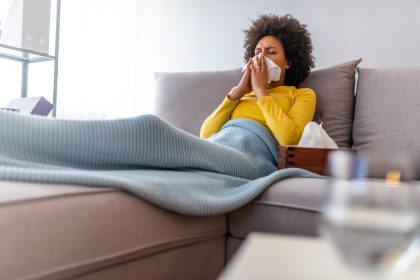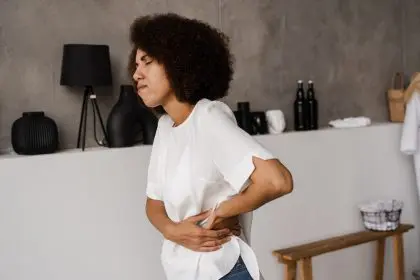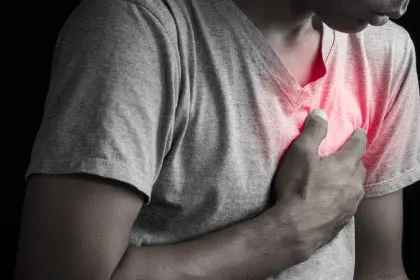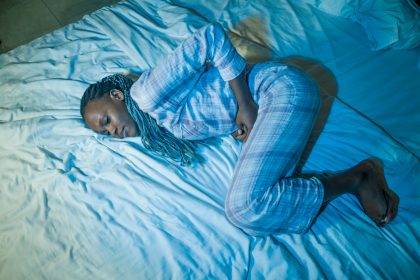
DaShawn Usher works with the New York Blood Center, Impulse Group NYC and is the chair of the Young Black Gay Men’s Leadership Initiative. He has worked with the Research Foundation of CUNY. He’s of the mind that beyond just destigmatizing HIV, those involved have to make sure the public remembers that this disease is still very much a problem in the Black community and we have to continue to take it seriously.
“Stigma is a lot to unpack. So when we unpack stigma; there’s education that is missing, misconceptions about HIV and the rates and what it looks like in this particular century,” Usher says. “It doesn’t necessarily look how it looked in the 1980s or 1990s when the resources weren’t necessarily in place.
“In the field, we did a lot of trying to raise awareness and normalizing HIV,” he continues. “We succeeded in many aspects but it sort of sparked a change [in attitude] where HIV ‘isn’t a big deal’ anymore. People, who don’t work in public health, don’t understand HIV and how it impacts and affects their community. We know that Black gay men have fewer sex partners than their counterparts. However, when you think about the viral suppression that isn’t happening in the Black community, it’s easier for Black people to contract HIV. But that feeds this stigma that if you’re a Black gay man — you have or will have HIV. Fear and anxiety put people at more risk than actually talking about it.”
Usher wants Black couples of all orientations to start to take a long, hard look at each other and make awareness a top priority. This isn’t about vilifying any one group; it’s about making sure the community understands what must change in our individual behaviors. From ex-convicts returning home after long stints in prison to partners choosing to have unprotected sex on a regular basis, there has to be more people being more careful.
“Bisexuality, incarceration rates or men who have sex with men but may not identify as gay, which can exist even outside of prison,” Usher lists as aspects of the issue that aren’t being discussed, before adding, “Sometimes people aren’t having conversations about who they are having sex with and we don’t necessarily address bisexuality a lot in our community. But when we don’t have those conversations, it creates the [attitude that] bisexual Black men are infecting women and aren’t being honest about who they’re having sex with. But I don’t think we’ve created a culture where bisexuality is fully accepted. We focus a lot on gay issues and now we’re focusing a lot more on trans issues, which is great, but we’re not talking a lot about bisexuality.
“If we’re talking about people who are in prison having situational sex and then they come back into the community and are having sex with women, it can definitely increase the rates of them passing HIV along to their female counterparts. Depending on where you live, when you go into prison, they offer an HIV test and it’s offered again when you come out.”
Beyond just raising HIV/AIDS awareness, the key is for anyone who is sexually active to have open and honest conversations with their partners.
“The biggest misconception is ‘I’m not at risk,’ ” Usher says. “I don’t think people fully understand what essentially puts them at risk. Part of it is not having conversations around trust and how trusting someone puts you at risk for HIV. We know that [when] people have less sex, then we know the chances of you having sex with someone you trust and not using a condom increases; which increases your risk of contracting HIV.”














